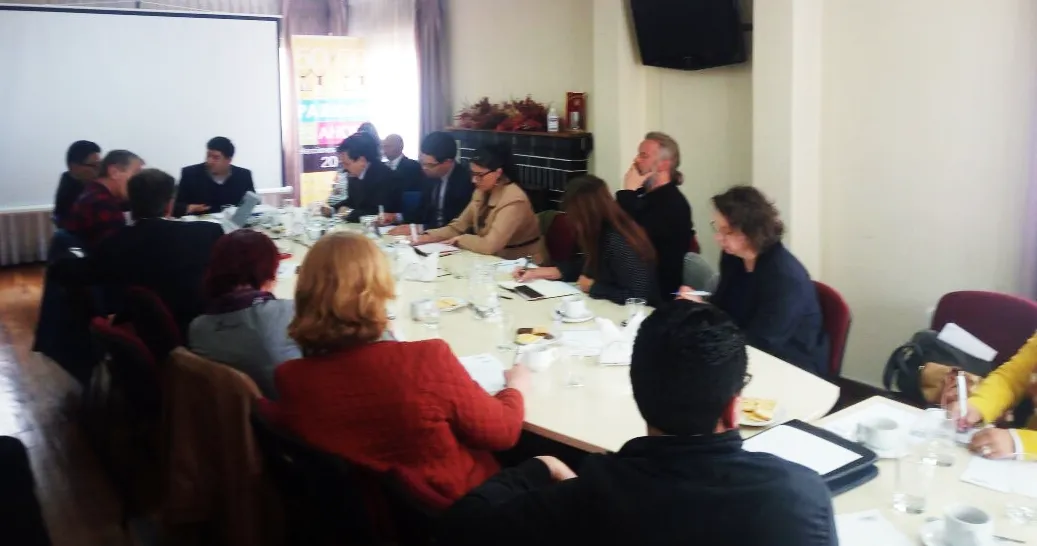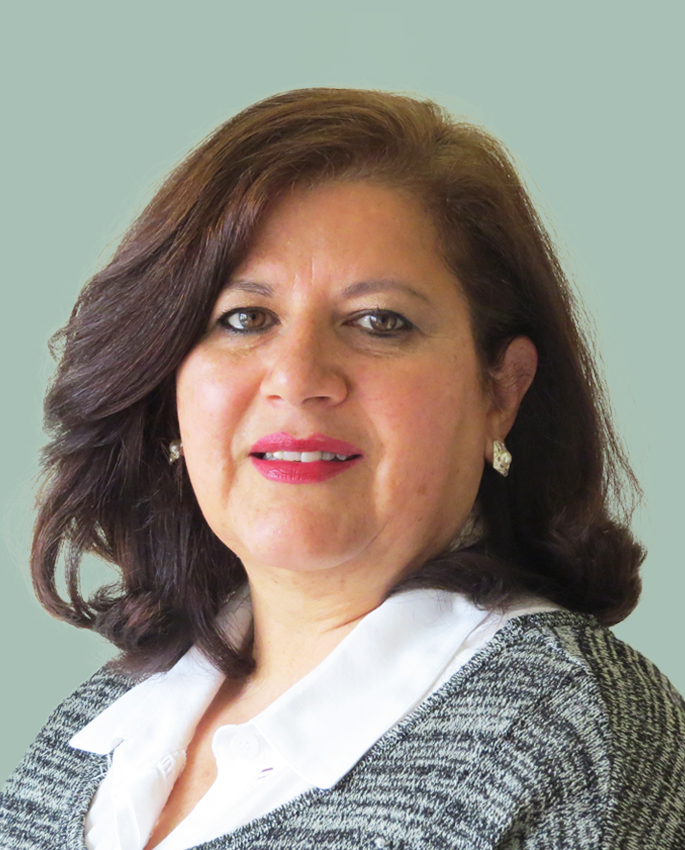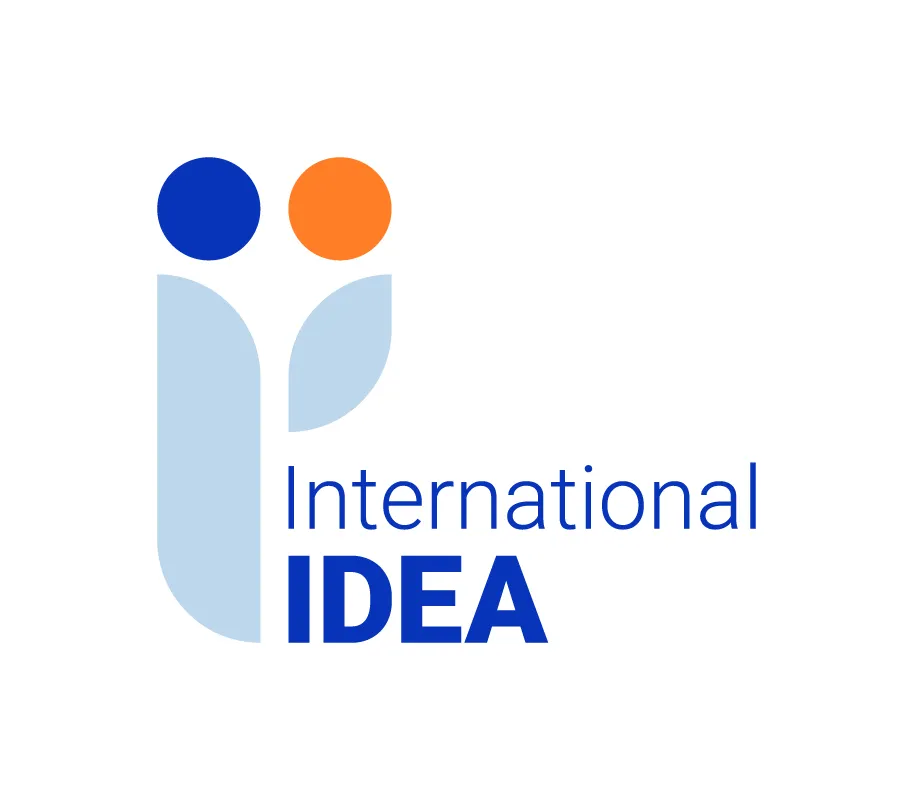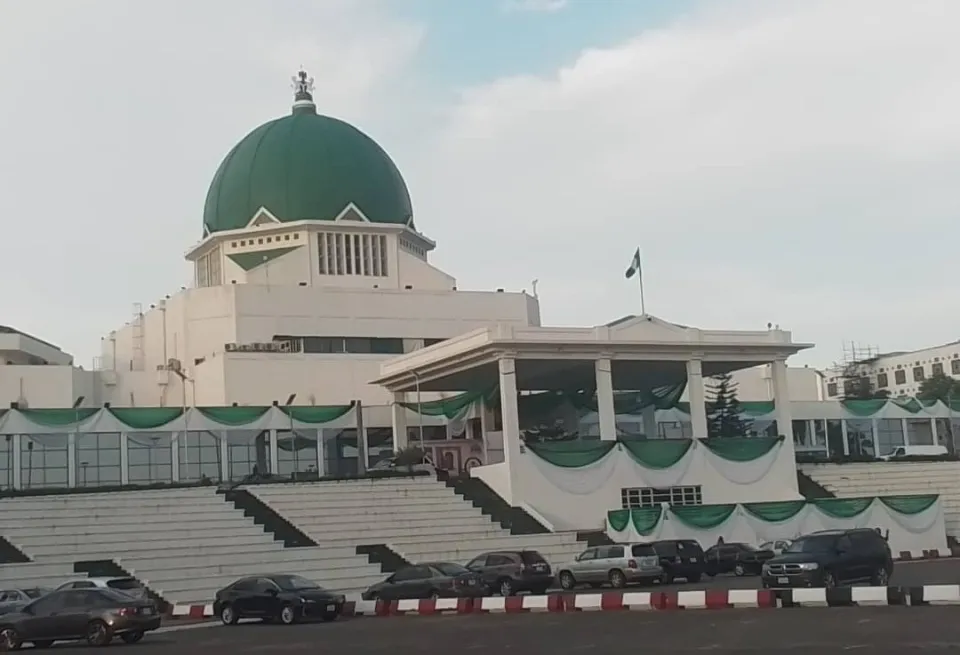International IDEA Member States analyze Bolivia's political and electoral situation

Bolivia’s presidential elections will be held in 2019 and experts invited by International IDEA concur in asserting that the nation is now experiencing a premature electoral environment.
Este artículo se encuentra disponible en Castellano.
On 31 January 2018, International IDEA invited representatives from Member States and international aid agencies to participate in a meeting to analyze the nation’s political situation. Accordingly, a panel of experts was put together to address the various issues that make up the nation’s current political and social setting, keeping as a point of reference a large scale demonstration which resulted in the repeal of the new Bolivian Penal Code.
The Chair of the Senate committee on the Constitution also participated in the panel.
The experts agreed in pointing out that the political situation in Bolivia leading up to the election is characterized by the following three elements: a drop in the level of citizenry confidence in government, accompanied by a weakening of the ruling party’s—MAS (Movement towards Socialism)—internal cohesion, the decline and division within the opposition, and a growing citizen movement with a high level of political autonomy.
According to the panel members, the conflict which arose over the construction of a highway on the Isiboro Sécure National Park and Indigenous Territory (TIPNIS) and other problems related to the right to exercise a previous free and informed consultation with indigenous peoples, weakened the relationship between the government and indigenous peoples, primarily those based in the lowlands. They also see an apparent contradiction between the discourse in favor of indigenous rights and the development projects undertaken by the government.
Moreover, the analysis emphasized the extent of the decline and division among the political parties in the opposition, who are neither able to develop sufficiently consistent and attractive alternative program proposals, nor able to provide new leadership and convening power.
Finally, there is agreement in pointing out the presence of a growing citizen’s movement, which communicates primarily using virtual social networks, which is not driven by any visible leaders or political parties, and which expresses itself in a growing activism around multiple issues such as violence against women, the environment, the effectiveness of democratic principles, corruption, and citizen insecurity, among many.
The Chair of the Senate committee on the Constitution comprehensively rejected the criteria of the panelists and maintained that the new Penal Code, which had been repealed because of citizenry pressure, represented a significant advance as regards promptness, transparency and integrity in the administration of justice. In addition, he pointed out that widespread refusal had come about because of insufficient socialization of the legislation, and by the distortive action of the opposition and part of the media.




